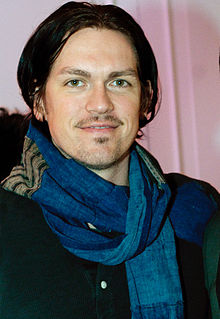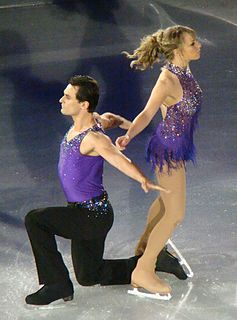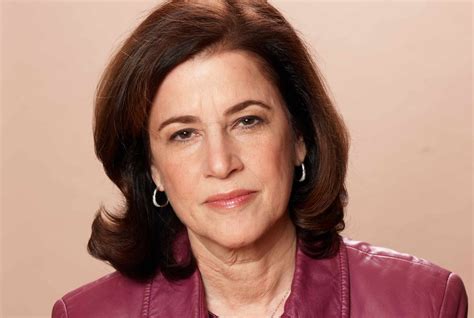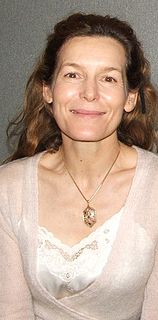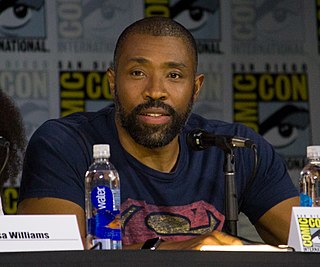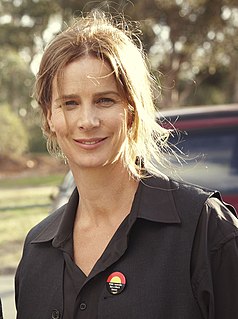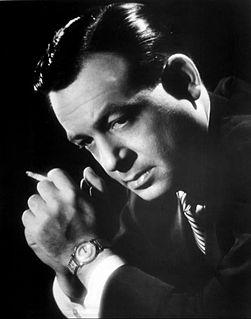A Quote by Adam Lambert
I think it's up to the parents to discern what their child is watching on television.
Related Quotes
There is a difference. You watch television, you don't witness it. But, while watching television, if you start witnessing yourself watching television, then there are two processes going on: you are watching television, and something within you is witnessing the process of watching television. Witnessing is deeper, far deeper. It is not equivalent to watching. Watching is superficial. So remember that meditation is witnessing.
A child is not a Christian child, not a Muslim child, but a child of Christian parents or a child of Muslim parents. This latter nomenclature, by the way, would be an excellent piece of consciousness-raising for the children themselves. A child who is told she is a 'child of Muslim parents' will immediately realize that religion is something for her to choose -or reject- when she becomes old enough to do so.


